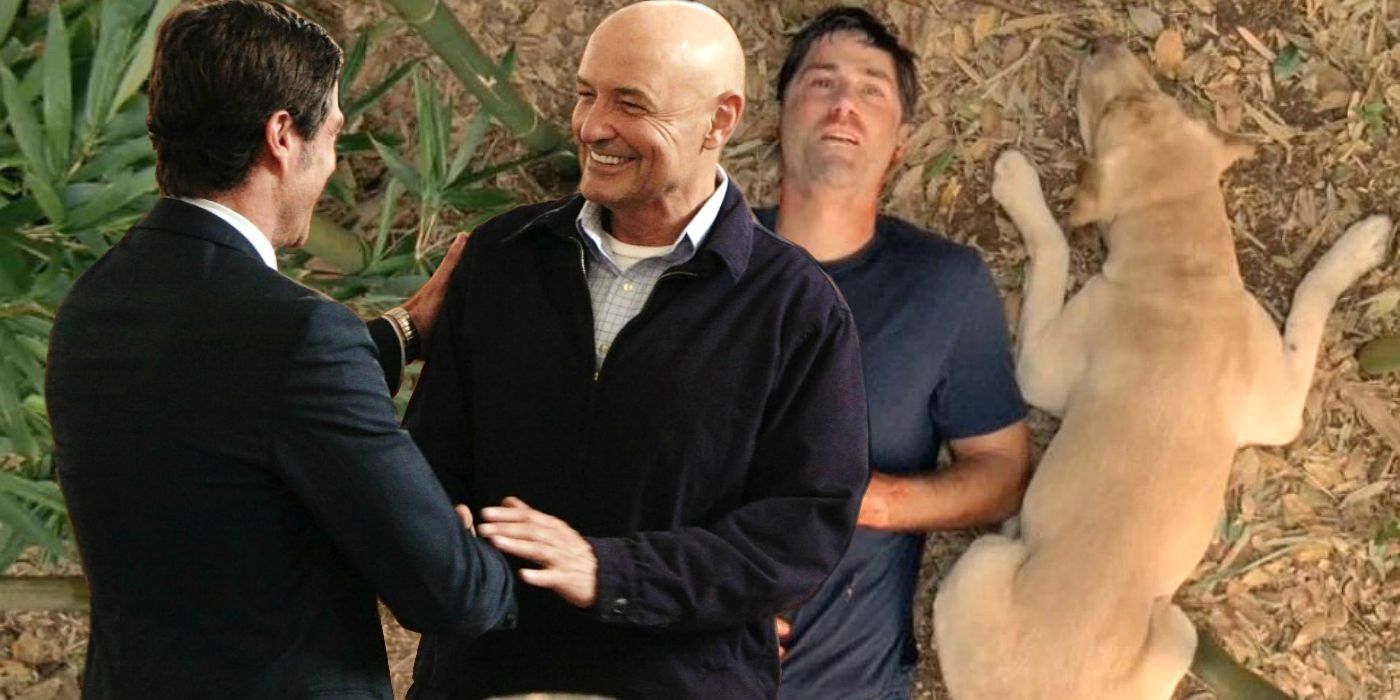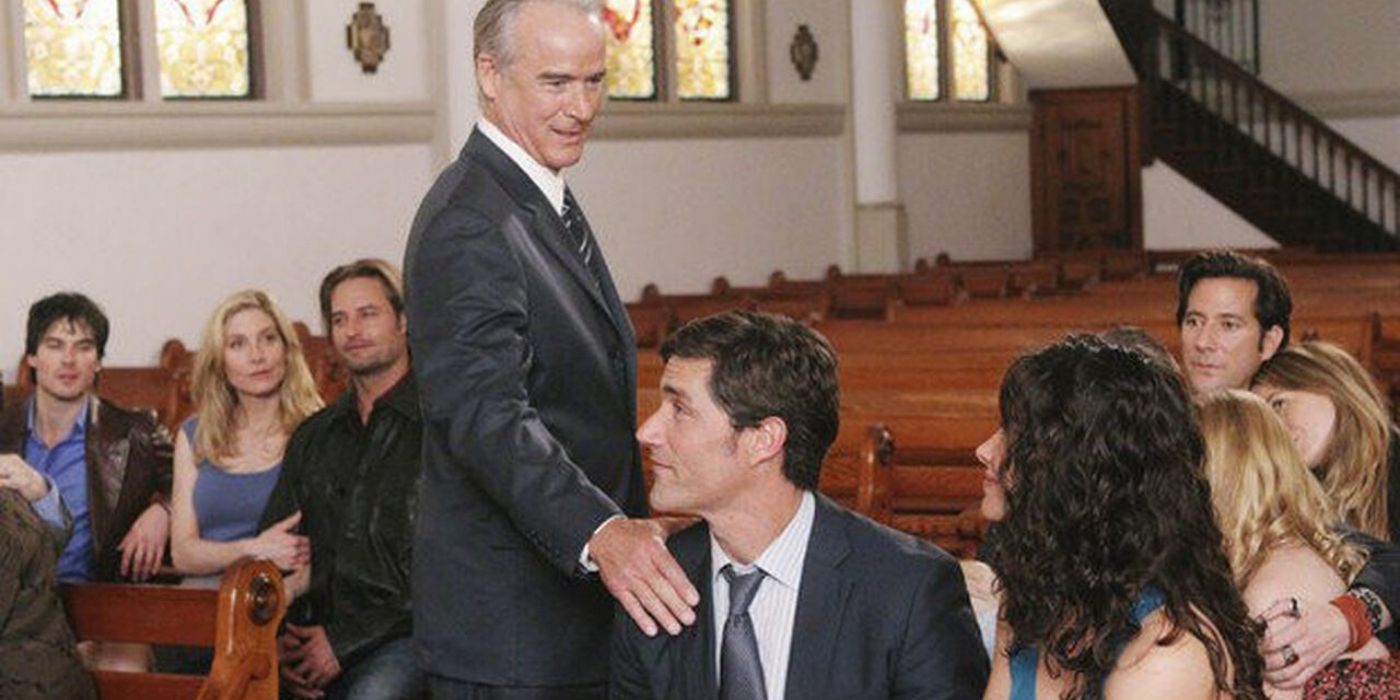For the finale’s 10th anniversary, Lost producers Jean Higgins and Jeff Pinkner reflect on the impact of network restrictions and fan expectations. The series, created by Jeffrey Lieber, J.J Abrams, and Damon Lindelof, garnered an unprecedented fanbase with a rapidly increasing online presence as social media sites like Facebook or message boards on Reddit became more commonplace. The first episode of Lost, directed by Abrams, aired in 2004. The premise was that flight 815 crashes on a deserted island and those left alive must fight for survival, with a few supernatural and sci-fi twists added. Abrams left after the pilot, leaving showrunner duties to Lindelof and Carlton Cuse.
Lost's ambition was clear from the outset as the island possessed by a giant smoke monster served as the backdrop for the ensemble cast, featuring Matthew Fox, Evangeline Lilly, Jorge Garcia, Daniel Dae Kim, Dominic Monaghan and more, navigating survival. The narrative extended through flashbacks, an uncommon tactic at the time, and many appeared in languages like Korean and Arabic. Over six seasons, the Lost writers created an intricate mystery, with many questions unanswered by the final episodes in 2010. The infamous series finale - “The End” that aired May 23rd, 2010 - remains one of the most divisive finales in modern pop culture history. The network demands, a vocal fanbase and a lot of behind the scenes challenges created the perfect storm that still hasn’t fully settled after nearly a decade.
Observer sat down with Lost producers Jean Higgins and Jeff Pinkner to commemorate the 10th anniversary of the two-and-a-half-hour series finale. The episode famously caused an uproar at the time of its release, with many fans disavowing the show under the belief that the flight 815 survivors died in the pilot. Fans vocalized theories, and expressed dissatisfaction if correct, holding the writers to an unattainable standard. Of the experience, Pinkner shared:
“I haven’t thought about this in a long time, and I’m only thinking about it because you asked - I think that we could have trained the audience to not worry so much about the answers. That’s something we could have done a bit better both in the way that we interacted with the audience online and the way that the show presented the questions and the way that the characters responded to the questions inside the story.”
Higgins and Pinkner reveal the high stress and stakes behind the scenes rooted in disapproval from the network and studio of the show’s resistance to formulaic storytelling. The scale and scope of Lost drew Higgins, formerly a feature film producer, but posed challenges. By season 6, he acknowledged the team was creatively burning out, not to mention budget issues and fan expectations. Pinkner admits that given another opportunity, there are things he’d do differently: “I think that some of the mysteries could have been resolved along the way, but I think that the show was the perfect articulation of the show it was designed to be, and it was never designed to answer everything.”
Lost represents a television paradigm shift, which took its toll on the creators and those behind the scenes, fighting the battle and pushing the envelope on what constitutes primetime TV. Part of what makes Lost special was the impact on culture and audiences, rooted in its unique imperfections that made the series work. The outcome, a revolutionary show, which teeters into convoluted territory at times, ample unsolved mysteries that represent the silent struggles of negotiations off-screen, and signals a new era of television. Regardless of complaints, modern TV owes Lost a debt of gratitude for redefining the landscape and disrupting the predictability of serialized, procedural television.
Source: Observer


